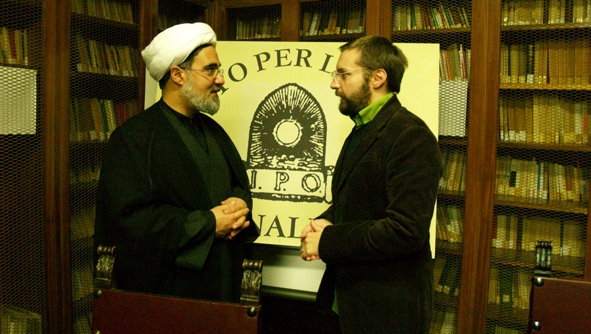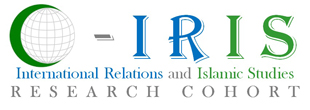
With his The Shia Revival: How Conflicts within Islam Will Shape the Future, Vali Nasr succeeded in putting
Shia Islam on the political agenda of numerous Euro-American policy-makers and was instrumental in establishing
Shia Islam as a topic of discussion among the general public. His work followed into the steps of what, starting
with the Islamic revolution in Iran, has become an established – although still limited – tradition of experts on
Shia Islam within the political and human sciences. This is also well represented by work of Juan Cole and his
successful and influential blog Informed Comment.
Much less attention have received early scholarly efforts at duly taking into account Shia Islam as an element of international relations,
in addition but also beyond geopolitics. Isolated cases are represented by Amr G. E. Sabet with his Islam and the Political: Theory,
Governance and International Relations and by S. H. M. Jafri’s The Political and Moral Vision of Islam.
Dr. Raffaele Mauriello’s research and publication activity as regards Shia Islam and Islamic politics falls into both these traditions.
In the first case, with his Descendants of the Family of the Prophet in Contemporary History: A Case Study, the Šī'ī Religious Establishment
of al-Nağaf (Iraq), he conducted the first academic study on the role of the Shi‘a religious establishment of Najaf into the fall of
the regime of Saddam Hussein in Iraq. In the second case, with the establishment of the International Relations and Islamic Studies
Research Cohort (Co-IRIS), Dr. Mauriello aims in particular to shed light on the rich and largely unexplored political tradition of
Shia Islam as regards both governance and international affairs.



